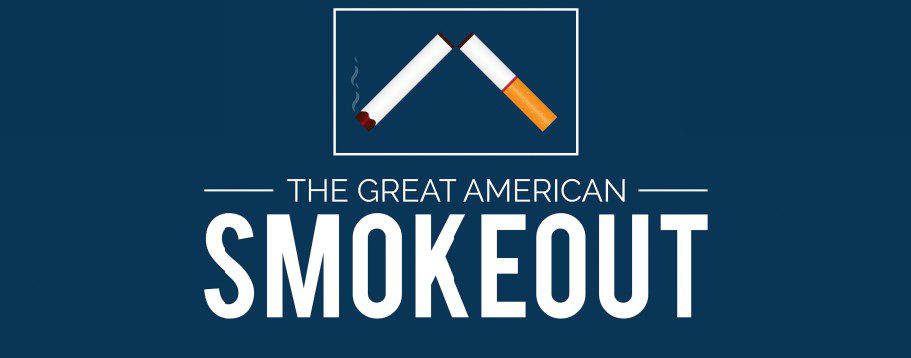
[By Brandi Haynes, RN, Senior Oncology Nurse Navigator, St. Peter’s Health Partners.]
Today, November 20, marks a milestone moment for Americans who smoke or vape. The Great American Smokeout, sponsored each November by the American Cancer Society, encourages smokers and vapers to quit for 24 hours. Just one day. But for many, that day could be the crucial first step in breaking free from a devastating addiction.
Anyone who has witnessed tobacco-related illnesses knows it is worth quitting.
While vaping is often perceived as a “healthier” alternative to smoking, the impression that smokeless devices carry little risk is false. In fact, with the emergence of inexpensive and disposable electronic cigarettes, recent studies show these products can release alarmingly high levels of toxic metals – sometimes even more than older e-cigarettes and traditional cigarettes.
In one study, disposables released more lead during a day’s use than nearly 20 packs of traditional cigarettes. The investigator commented, “When I first saw the lead concentrations, they were so high I thought our instrument was broken.”
Most consumers of disposable e-cigarettes are young adults or teens, those most vulnerable to lead exposure.
Young people often start vaping with flavored products – sweet, fruity, or minty options that mask the harshness of nicotine.
Most e-cigarettes today use nicotine salts, a formulation that allows for higher concentrations of nicotine to be inhaled more smoothly. Compared to traditional cigarettes or earlier vape devices, nicotine salt-based products deliver more nicotine per puff, increasing the risk of addiction, especially for young users whose brains are still developing.
Despite the popularity of vaping among youth, research shows that most young people who use e-cigarettes want to quit. Many report feeling dependent on their devices, experiencing withdrawal symptoms, and struggling to stop, even when they recognize the harm.
Help Is Available
Fortunately, proven strategies exist to help people quit smoking and vaping. Talk to your healthcare provider to explore options like:
- Nicotine replacement therapy (patches, gum)
- Prescription medications
- Quit coaching and support groups
- Mobile apps and text-based programs
The New York State Quitline offers free, confidential services, including telephone coaching, personalized quit plans, and a free starter kit of nicotine replacement therapy for eligible New Yorkers. Text 716-926-4422, call 1-866-NYQUITS (1-866-697-848), or visit https://www.nysmokefree.com/.
For young adults, the Drop the Vape program offers tailored support through text messaging. Designed specifically for younger audiences, it provides encouragement, tips, and motivation to quit vaping right from your phone. It’s free, confidential, and available 24/7. Visit https://www.nysmokefree.com/drop-the-vape/ for more information.
For adults, The Butt Stops Here is a free, award-winning cessation program offering virtual group support over seven weeks. Learn more or register at https://healthprograms.org/.
Young or old, it’s never too late to live a healthier life! Start with one day. Just one day.





